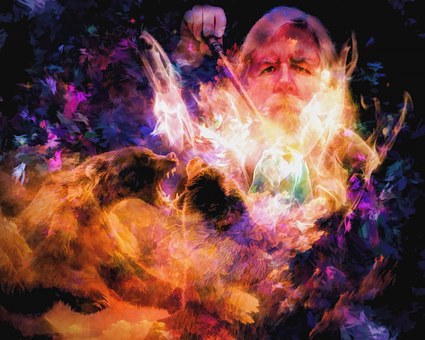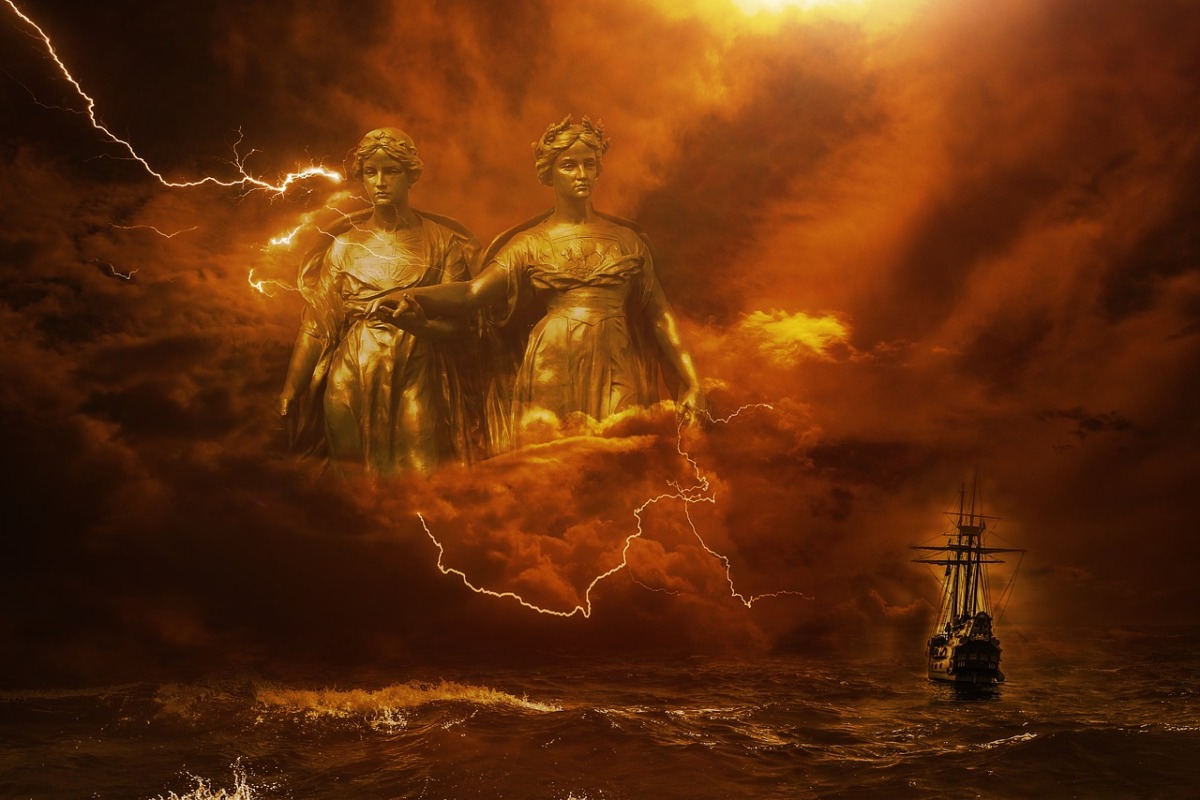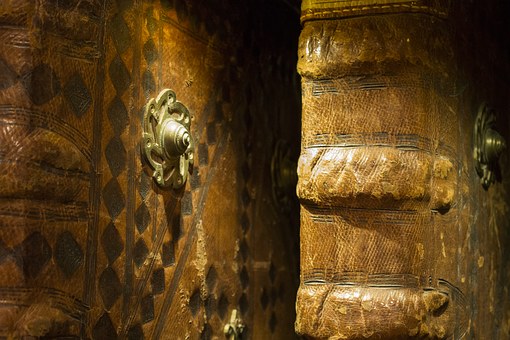HERMES
Maia was a nymph in the train of Diana. She was the most beautiful of the nymphs, and so fell to Zeus’ affections. Hiding from the jealous eyes of Hera, Zeus made Maia his wife and bore her a home in a cave on the slopes of Mount Cyllene. It was in this cave that the Son of Zeus and Maia was born. They gave him the name of Hermes.
Hermes being the child of a god, was different form mortal children. And so, when he was only a few hours old, the restlessness of his nature took hold. Leaving the cave and his sleeping mother, Hermes wandered outside and soon came upon the broad green meadow where Apollo kept his great herd of cattle. Being a prankster at heart, Hermes decided to play a trick on Apollo. He drove off fifty herd of cattle, taking care first, to tie bundles of leaves around their hoofs, so that they would leave no tracks. He hid the cattle in a cave, but before he was done, he killed two and ate them.
On his way home, Hermes came upon a tortoise, making it’s slow way on the rocks. An idea struck him. He killed the creature, and hollowed out the shell. Over this he drew some strings and created a lyre.
Apollo was greatly angered by the loss of his cattle, and using his divine power of vision, discovered that it was the babe Hermes who had committed the crime. Greatly angered, Apollo transported himself the cave on Cyllene and demanded that Hermes restore his cattle. Maia, Hermes’ mother bowed before the Great God and insisted that Hermes was but a babe, scarce a day old and thus could not possibly be responsible for the loss of his cattle. However, Apollo knew more about Hermes than his mother did, and so, grabbing the babe, he bore Him to Mount Olympus and presented Hermes to his Father, so that he may judge between them.
Zeus looked at his Son, and demanded that He speak the Truth, and Hermes, quite without shame confessed to the prank. Then the Baby-God and The Great Apollo journeyed to where cattle were hidden, and Hermes restored them.
Counting His cattle, Apollo discovered two were short. He was about to approach Hermes with this, when He saw the babe playing a beautiful instrument and making the most entrancing sounds. Being the God of Music, Apollo was deeply interested. He asked the Babe Hermes to show him this wonderful instrument. To the music-loving Apollo, this instrument was more precious than all the treasures of Olympus. Apollo demanded to have the instrument, offering in exchange to forget about the two cattle that were missing.
Although he was delighted at his success, Hermes pushed for more, saying that his lyre was a bad exchange for a supper. So Apollo offered Hermes his Caduceus as well. The Caduceus had the power to reconcile any two men, beasts or elements that were in conflict.
Wanting to try out his new Wand, Hermes thrust the stick at two serpents that were hissing fiercely at one another. The serpents instantly forgot their quarrel and entwined themselves around the Wand. From that day on the Caduceus always bore two intertwined serpents.
And so peace was made between Hermes and Apollo and Zeus was pleased.
Because of Hermes agile figure and alertness of mind, Zeus decided to make him the messenger of the Gods. He gave to Hermes a pair of golden-winged sandals with which he could speed the Gods messages to man. The other Gods gave Hermes a broad-brimmed, winged hat, which made his face look brighter and more charming than ever.
E.B.
Toronto
The Homestead BBS
(416) 272-4067
1:250/626




